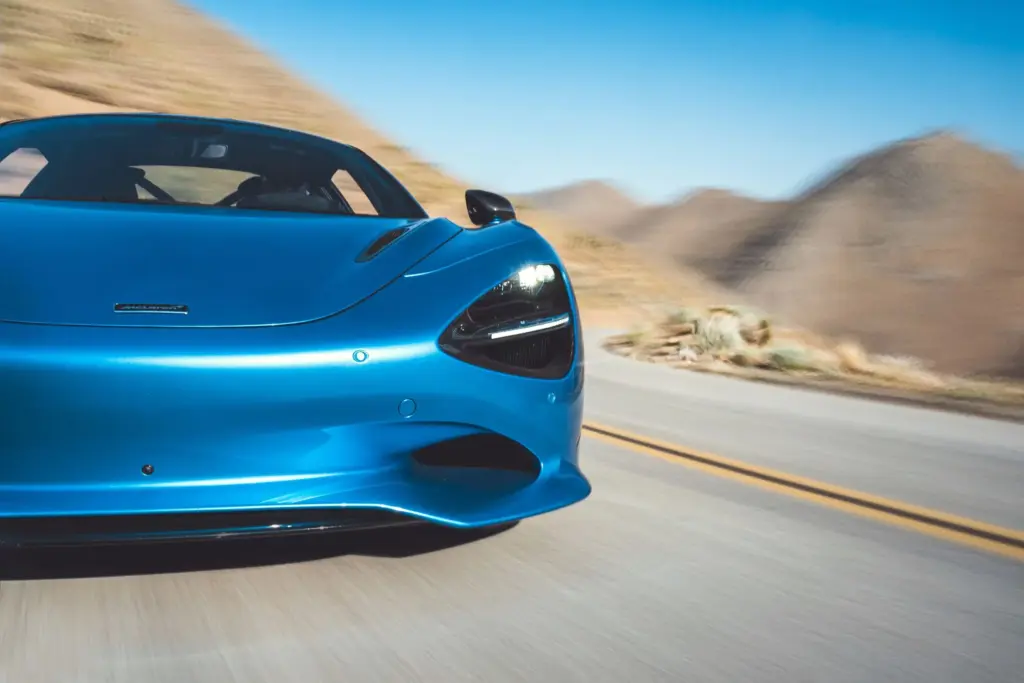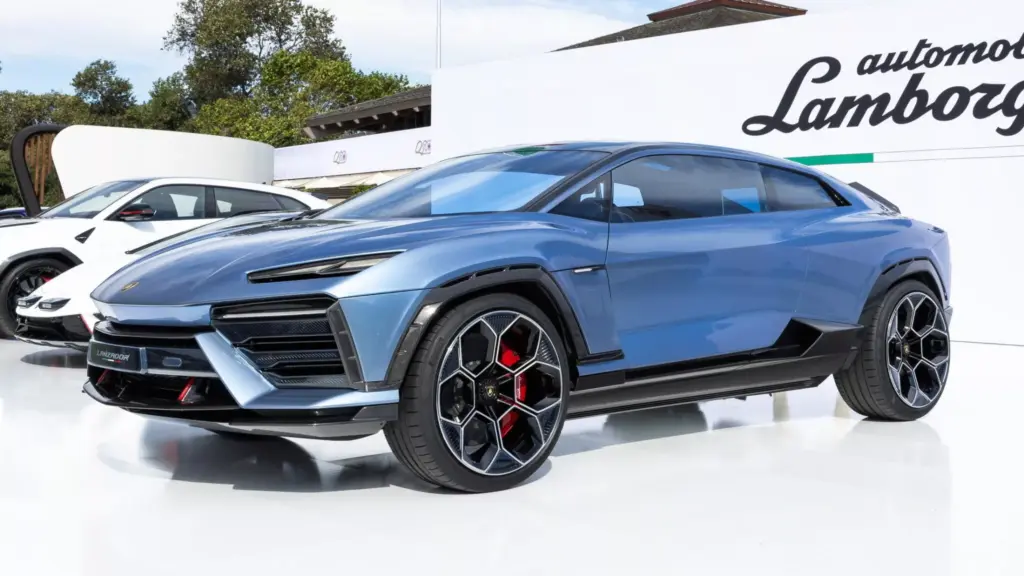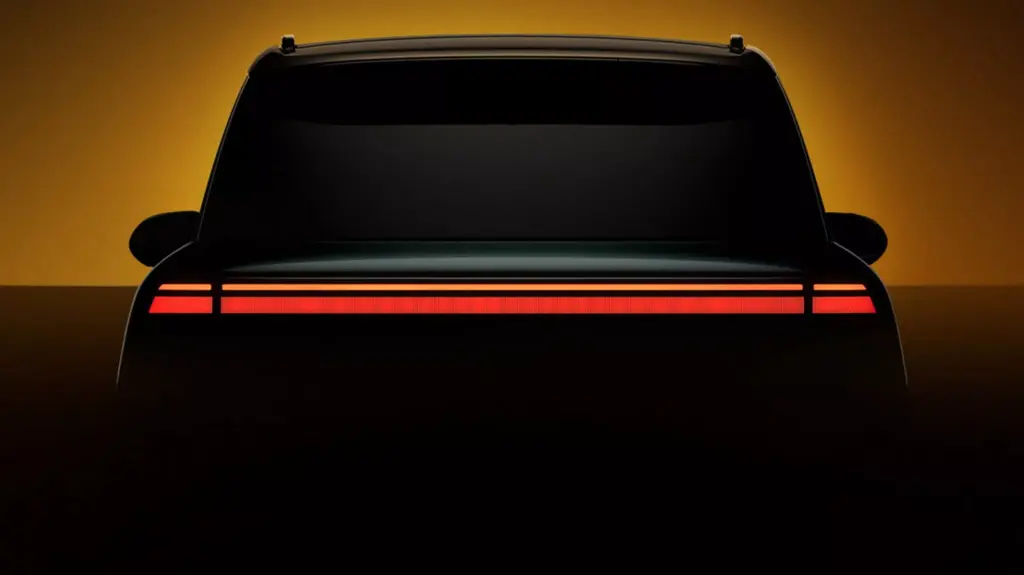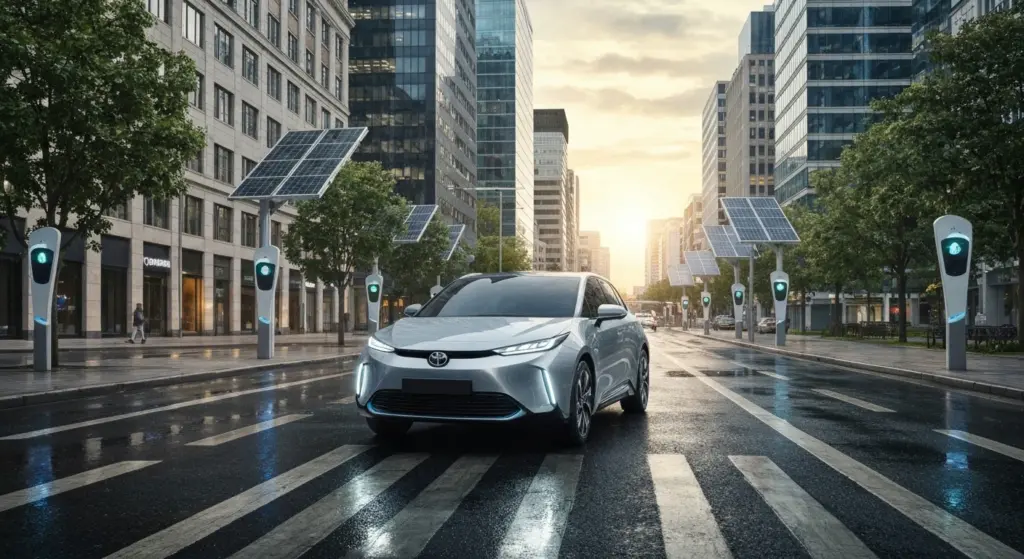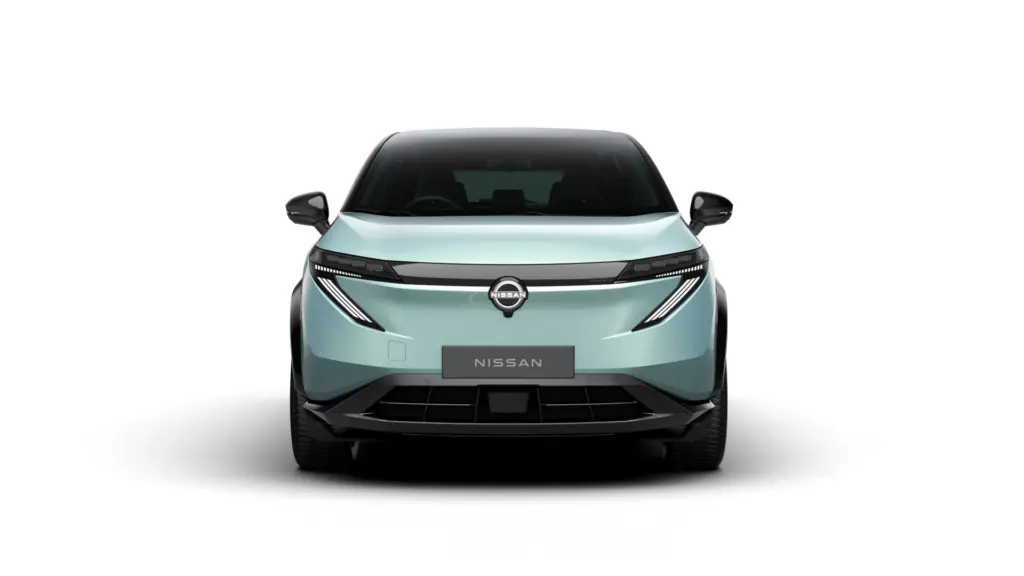Recently, I was surprised (and a little irritated) by the launch of the new Corvette Concept EV – a vehicle that promises to be the face of the future, but also raises several questions among fans of traditional sports cars. The proposal is bold, with an daring design, high-tech materials, and a 100% electric soul, sparking heated debates among purists.
What makes the Corvette Concept EV so innovative?
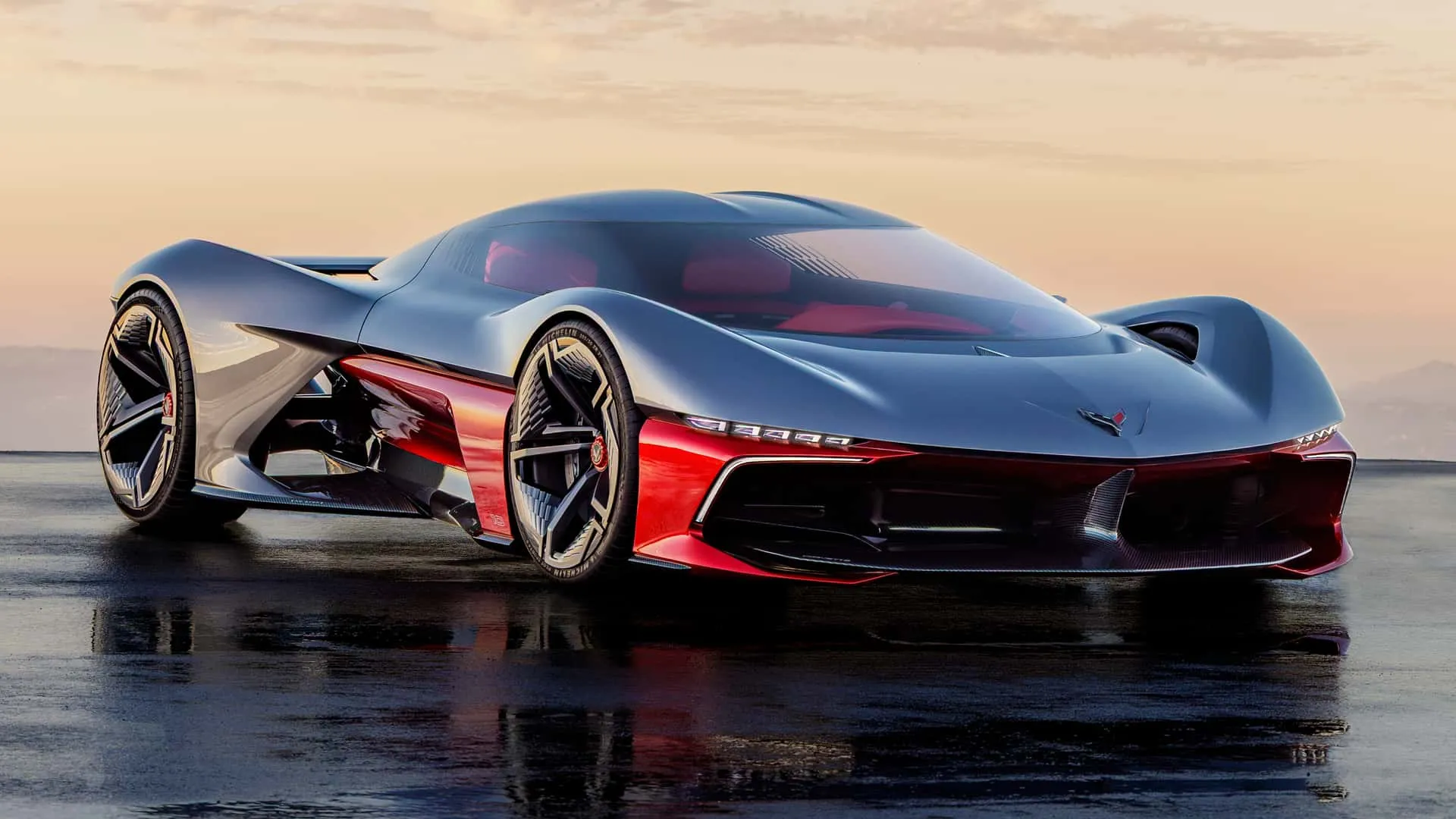
This Chevrolet concept dares to break with paradigms by abandoning the traditional V8 engine in favor of an electric solution. I feel that while the idea is revolutionary, some purists complain about the “flavor” that’s been lost – and, let’s face it, nobody likes it when tradition is disrespected. However, the use of a T-shaped battery and a carbon fiber structure shows that even veterans can succumb to modernity.
Intelligent designs like this remind me how innovation can be both inspiring and controversial. In other models from GM’s lineup, such as the Chevrolet Silverado 2025, bold design merges with performance to create unique experiences – even if it seems the concept sacrifices a bit of that roaring engine sound that many consider sacred.
How does EV technology integrate with futuristic design?
When analyzing the Corvette Concept EV, I noticed that its electric setup isn’t just for reducing emissions but also to innovate in the internal space distribution and aerodynamics. The futuristic hood, for example, hints at a philosophy focused on dynamic flows – something few concepts managed to get right without appearing forced.
It’s inevitable to observe that integrating a prism-shaped battery allows designers to sculpt the car’s structure for a lower center of gravity. This detail, though highly technical, shows that the future of electric sports cars is made up of small but impactful choices. For example, I think of the GMC Acadia Denali Ultimate 2026 – a model from a different segment that reflects how modern technology can reinvent classic concepts.
What are the main innovations of the Corvette Concept EV?
The concept reveals a series of innovations that at first glance might even seem exaggerated – and I admit some decisions gave me chills. From ultra-fast charging methods to advanced driver assistance systems, every detail has been designed to pave the way for a future where the electric sports car will dominate the streets.
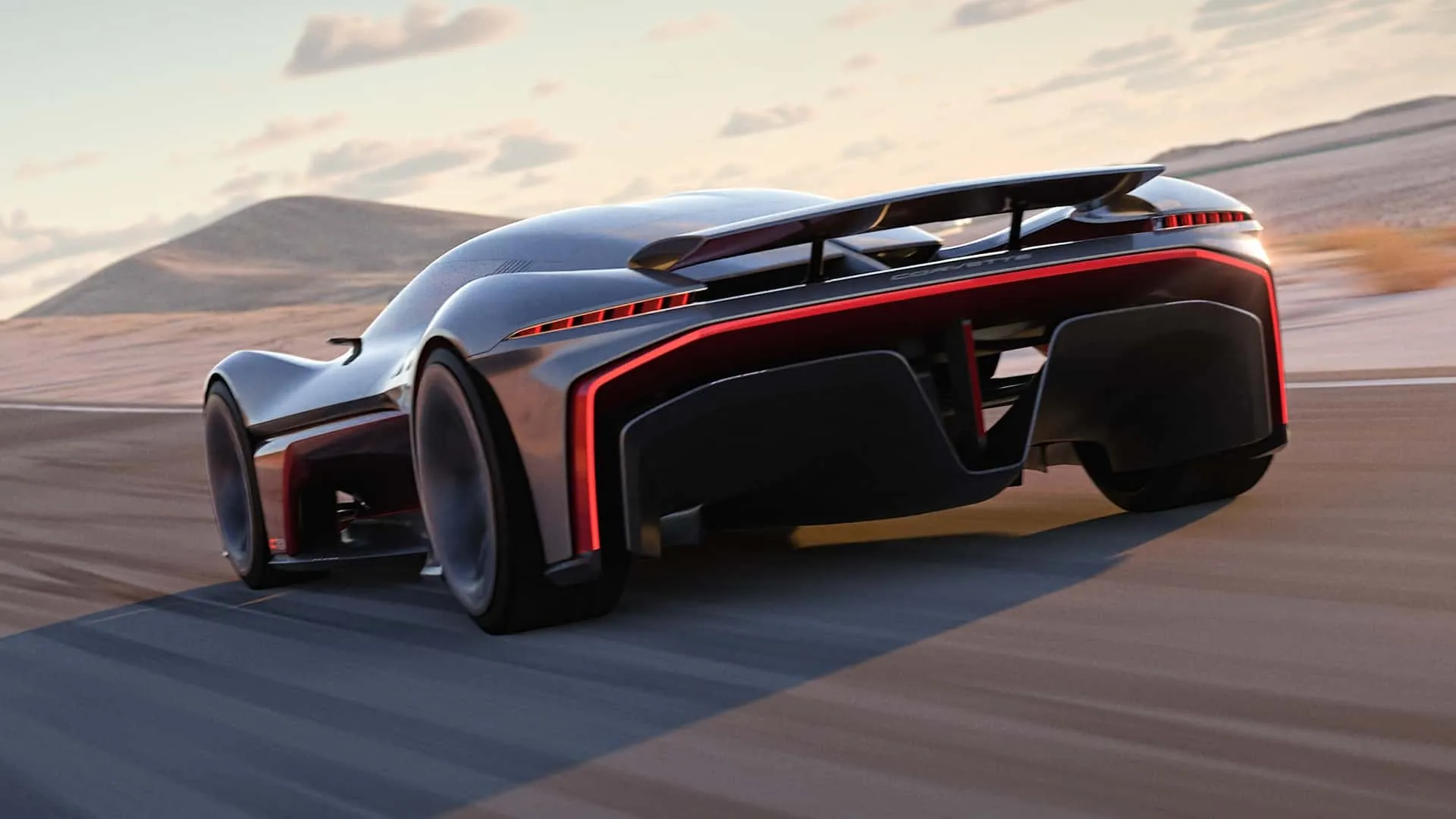
And it’s not just the electric components; using a carbon fiber monocoque and premium finishes showcases the best in materials. Comparing it with other luxury vehicles, like the Aston Martin Vanquish Volante 2026, makes it clear that the pursuit of excellence and differentiation in the sports segment is evident.
What challenges does the Corvette Concept EV need to face?
Despite the impressive design, there are obstacles that will certainly trouble the more conservative fans. The transition to full electrification is a bold leap, and honestly, some complain that this “new” concept might even lose the emotional charm of the old engines with their deafening roar.
Additionally, the high cost of advanced technologies and the challenge of maintaining sports performance without compromising range make the concept, no matter how futuristic, also subject to criticism. Like other innovative models on the market, the Corvette Concept EV needs to prove that modernity can go hand in hand with the passion for sports cars.
Comparison: Innovations vs. Competitors
- Futuristic and aggressive design
- Advanced battery technology
- Carbon fiber monocoque
- Integrated assistance systems
- Performance focused on efficiency
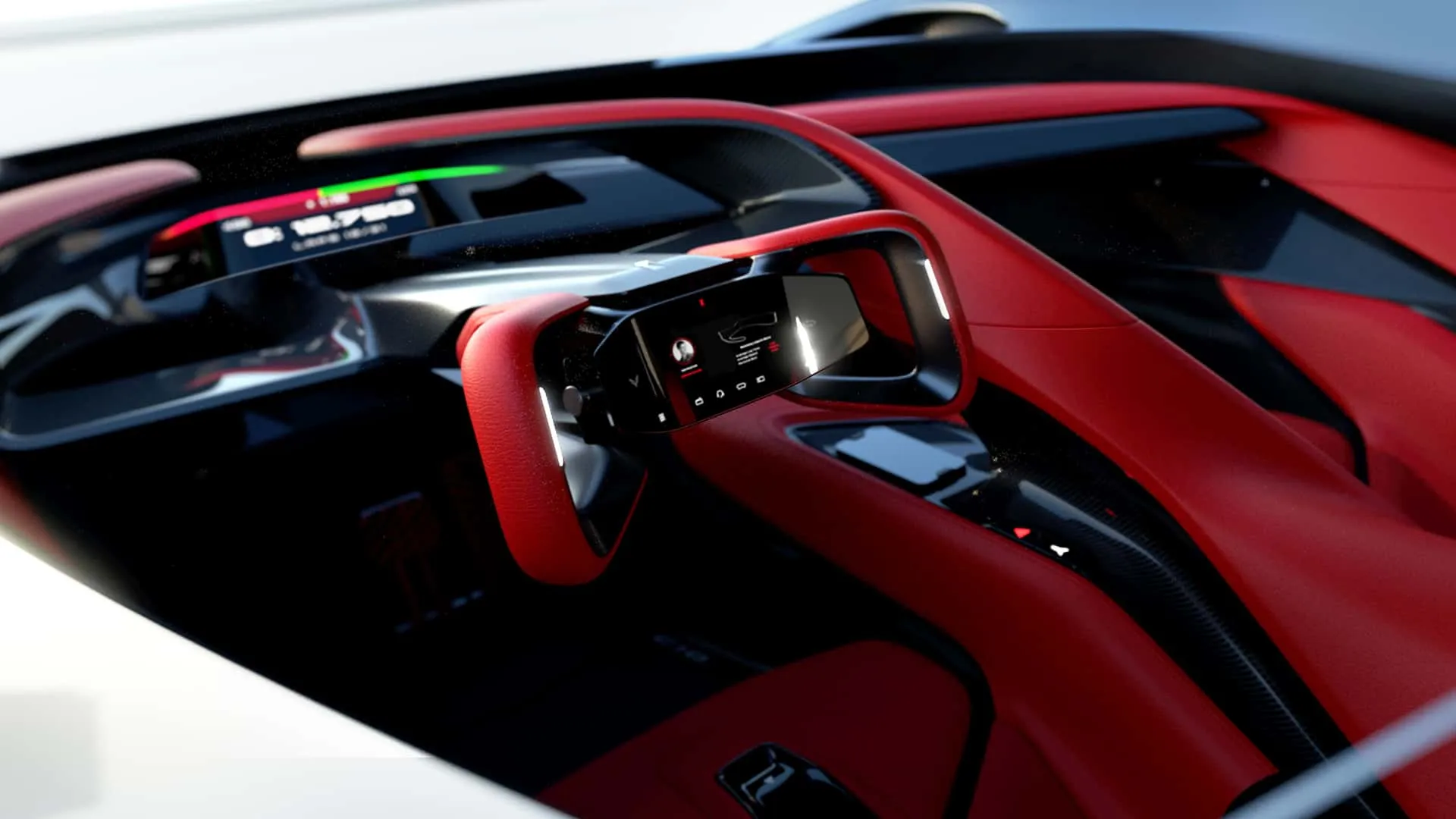
FAQs (Frequently Asked Questions)
- Does the Corvette Concept EV retain the identity of the traditional line? Yes, even with electrification, the design preserves iconic elements of the brand.
- What is the main advantage of the T-shaped battery? It allows a lower center of gravity and optimizes interior space for better aerodynamics.
- Is this concept intended for production? So far, GM emphasizes that it’s a design exercise and may not necessarily hit the streets.
- How does the performance compare to traditional sports cars? Although the electric performance is impressive, there is still skepticism among fans of combustion engines.
- What innovative technologies stand out? The integration of a carbon fiber monocoque and advanced driver assistance systems are the main highlights.
In the end, my experience with the Corvette Concept EV mixed excitement with a touch of frustration. Although the proposal is clearly innovative and shows that the future of sports cars could be fully electric, I can’t help but wonder, “Why the heck mess with something that already works so well?” Despite being a clear evolution, it’s impossible to ignore that some details still bother me – as if GM decided to toy with our passion without considering all the established traditions.
I’d love to hear your opinion! Leave your comment on the innovations and challenges of the Corvette Concept EV – your feedback is essential so we can keep this conversation going!
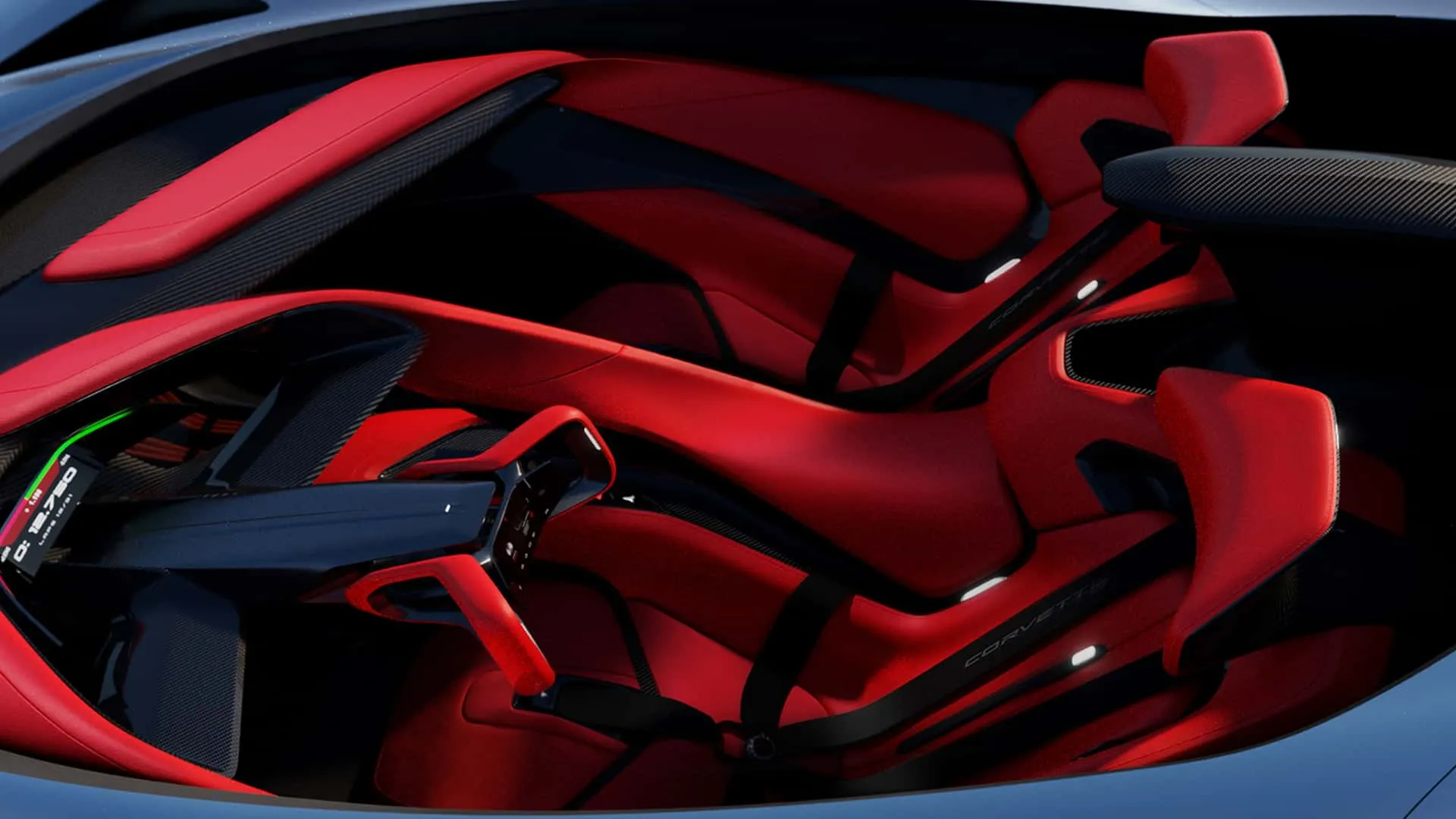
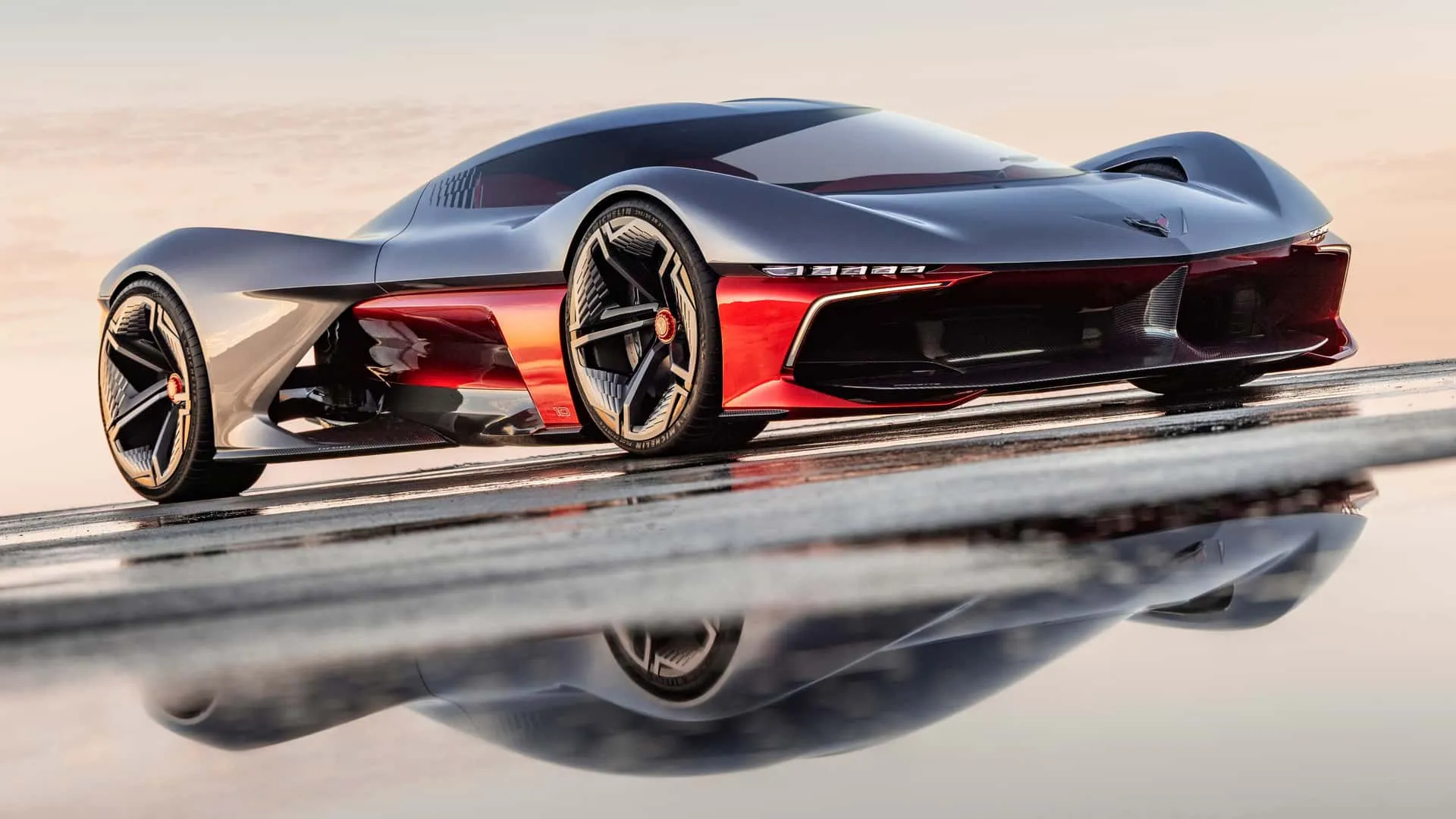
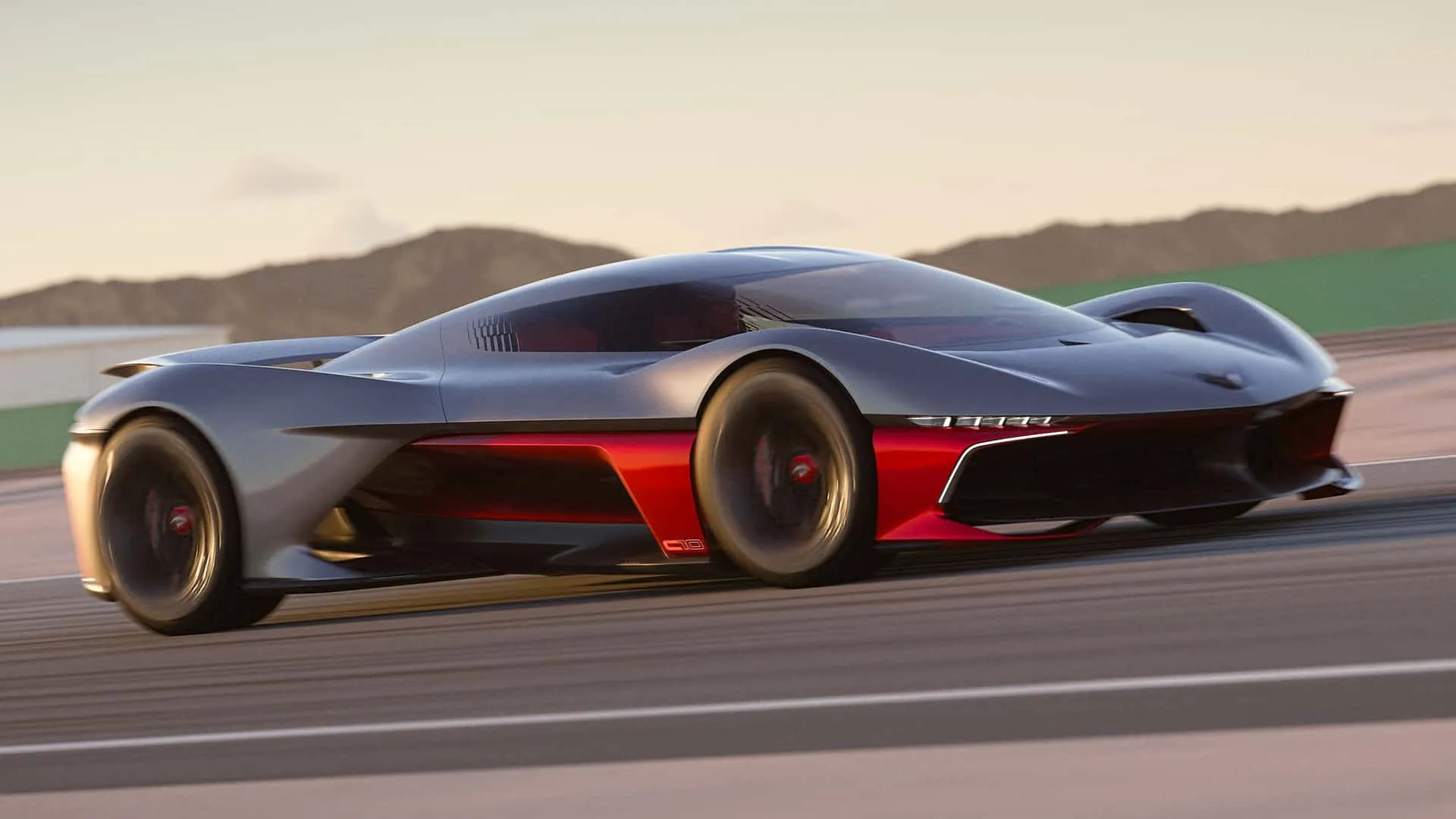
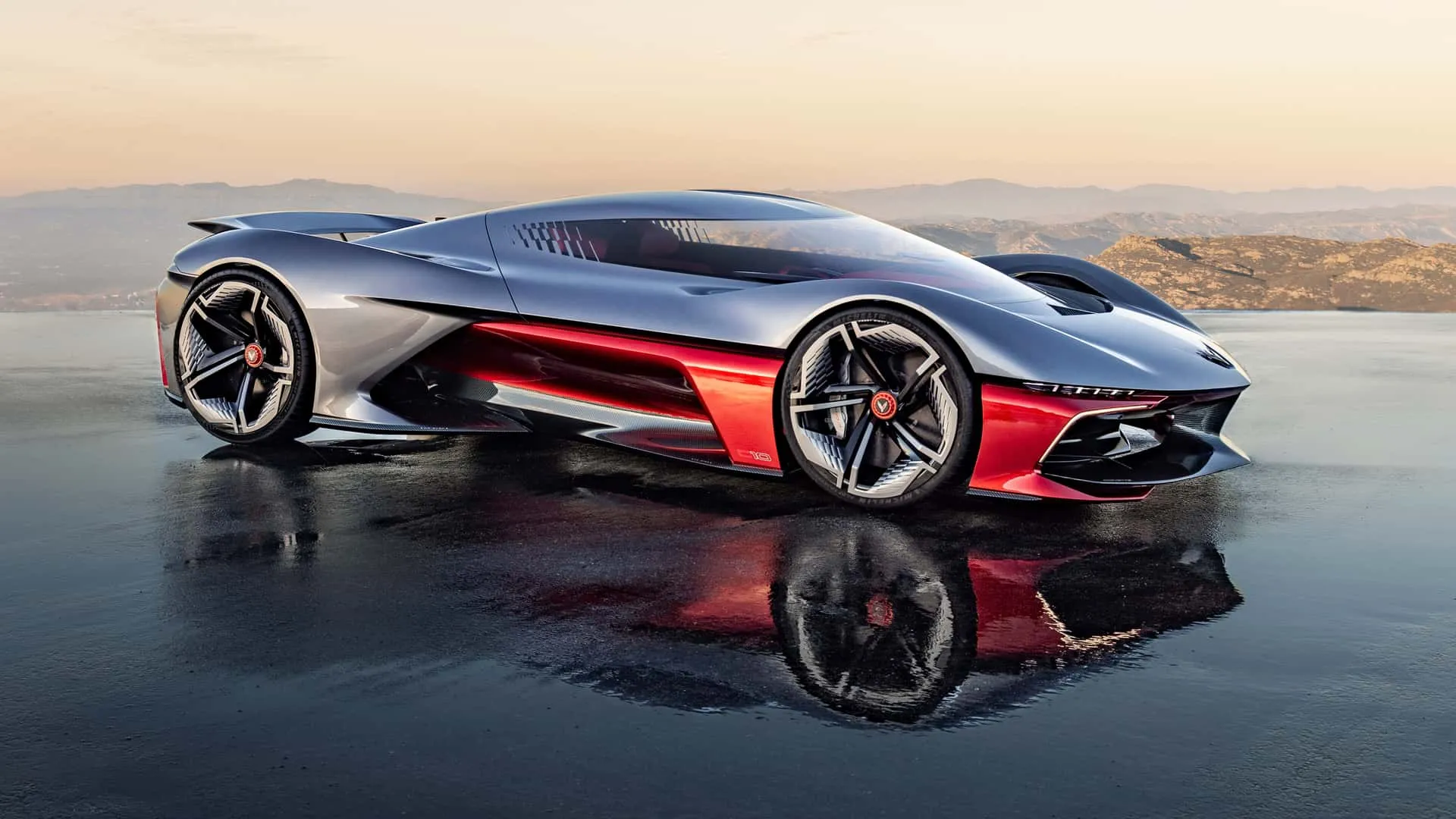
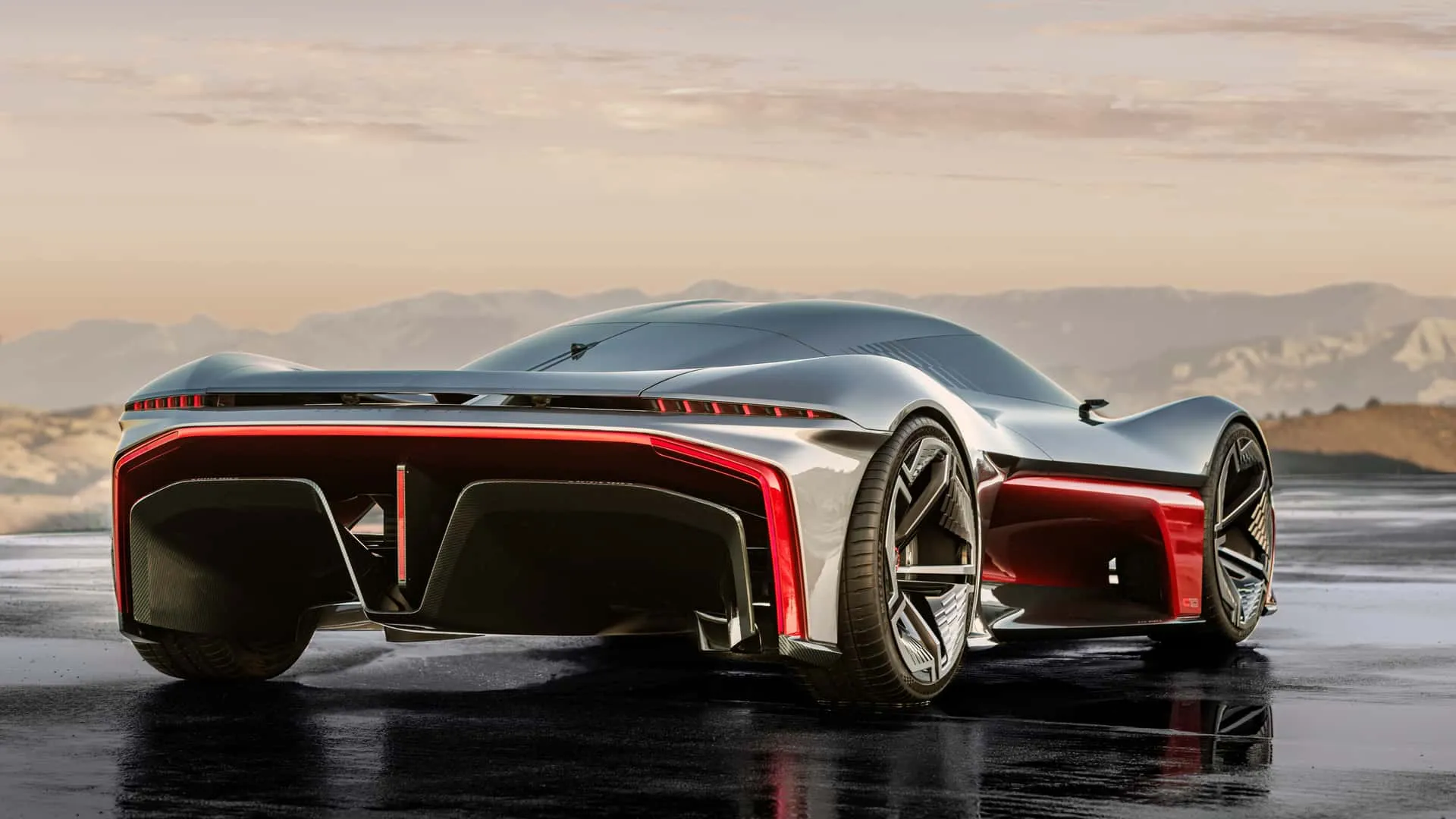

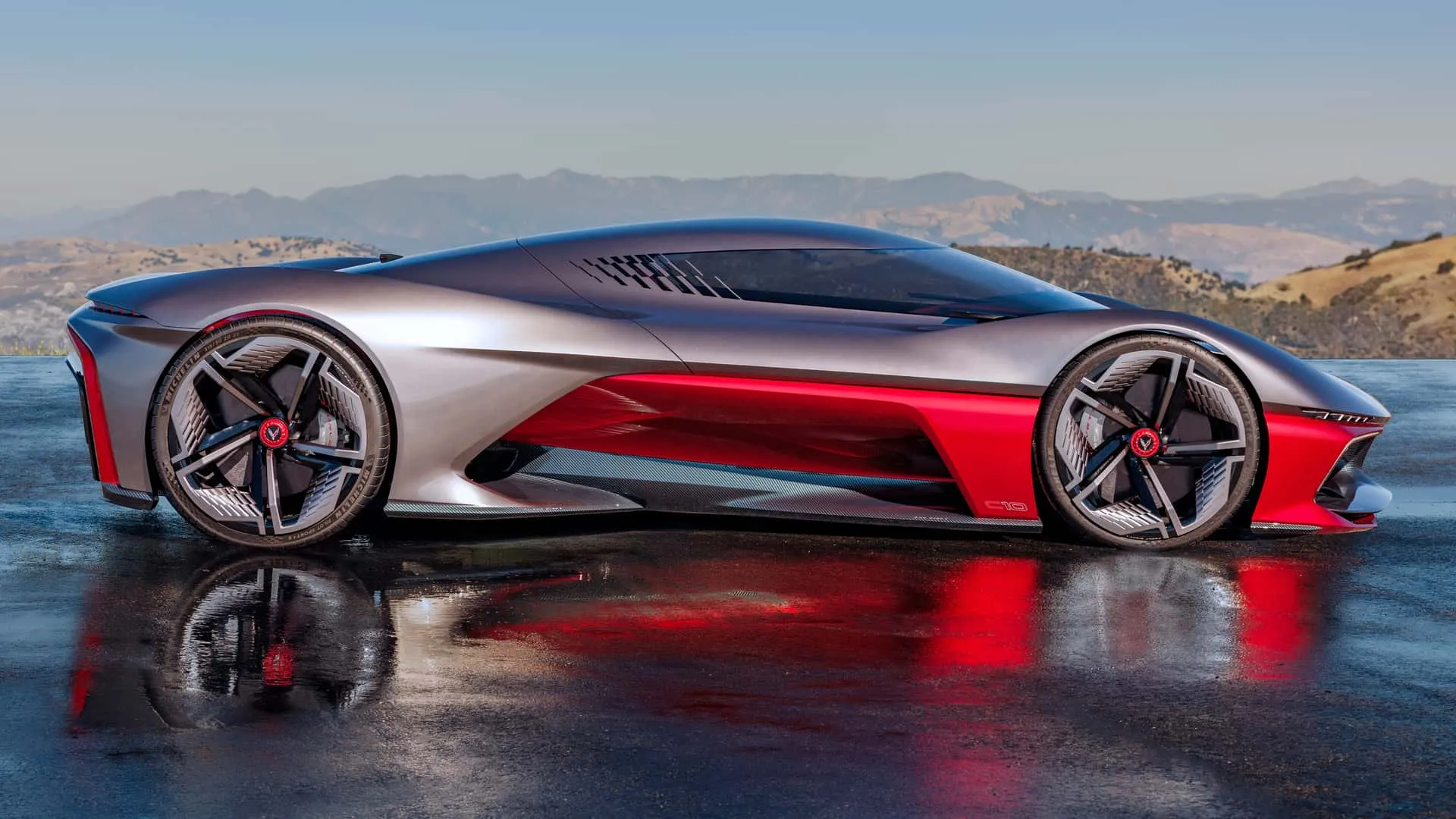
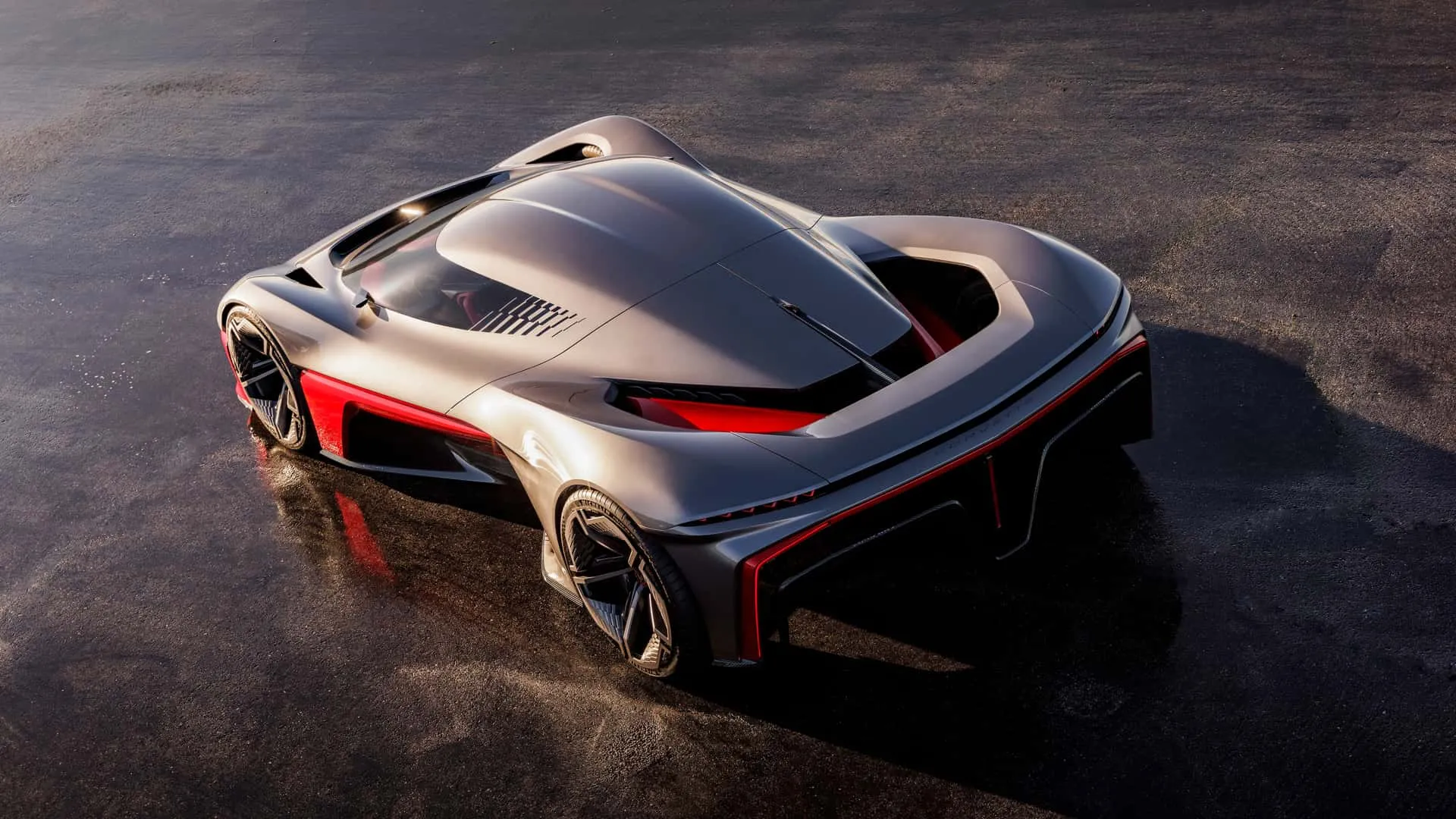

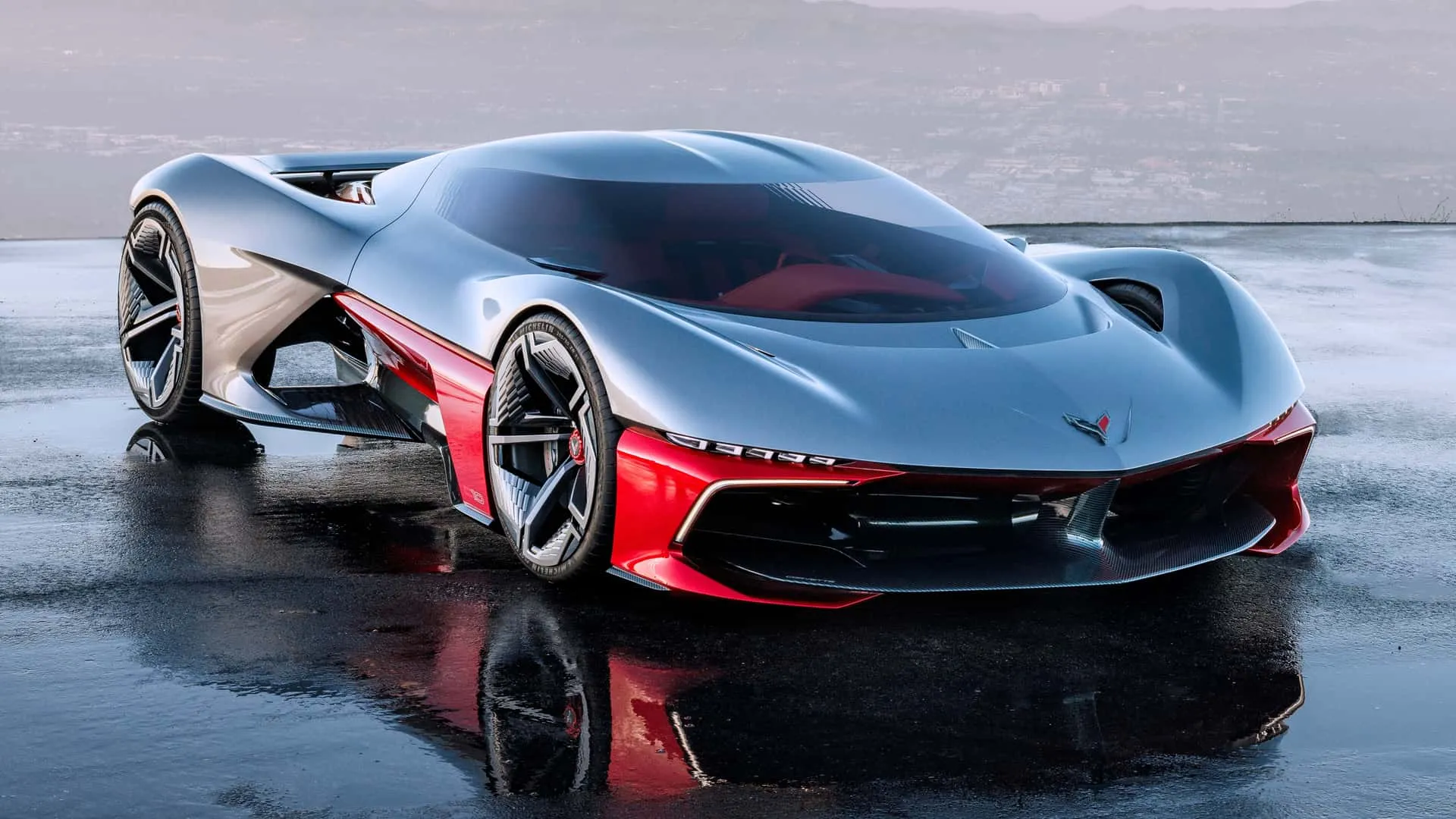
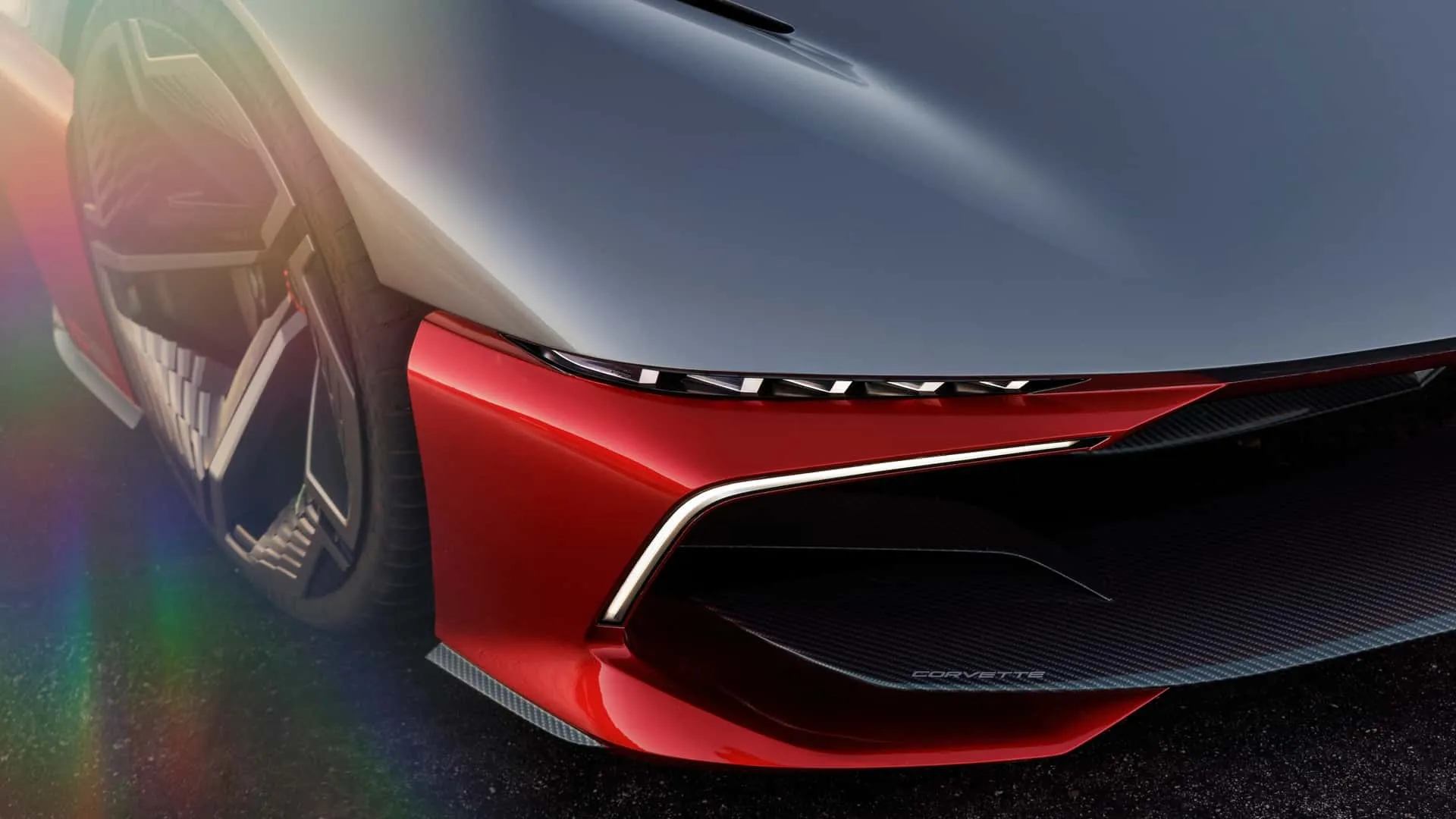
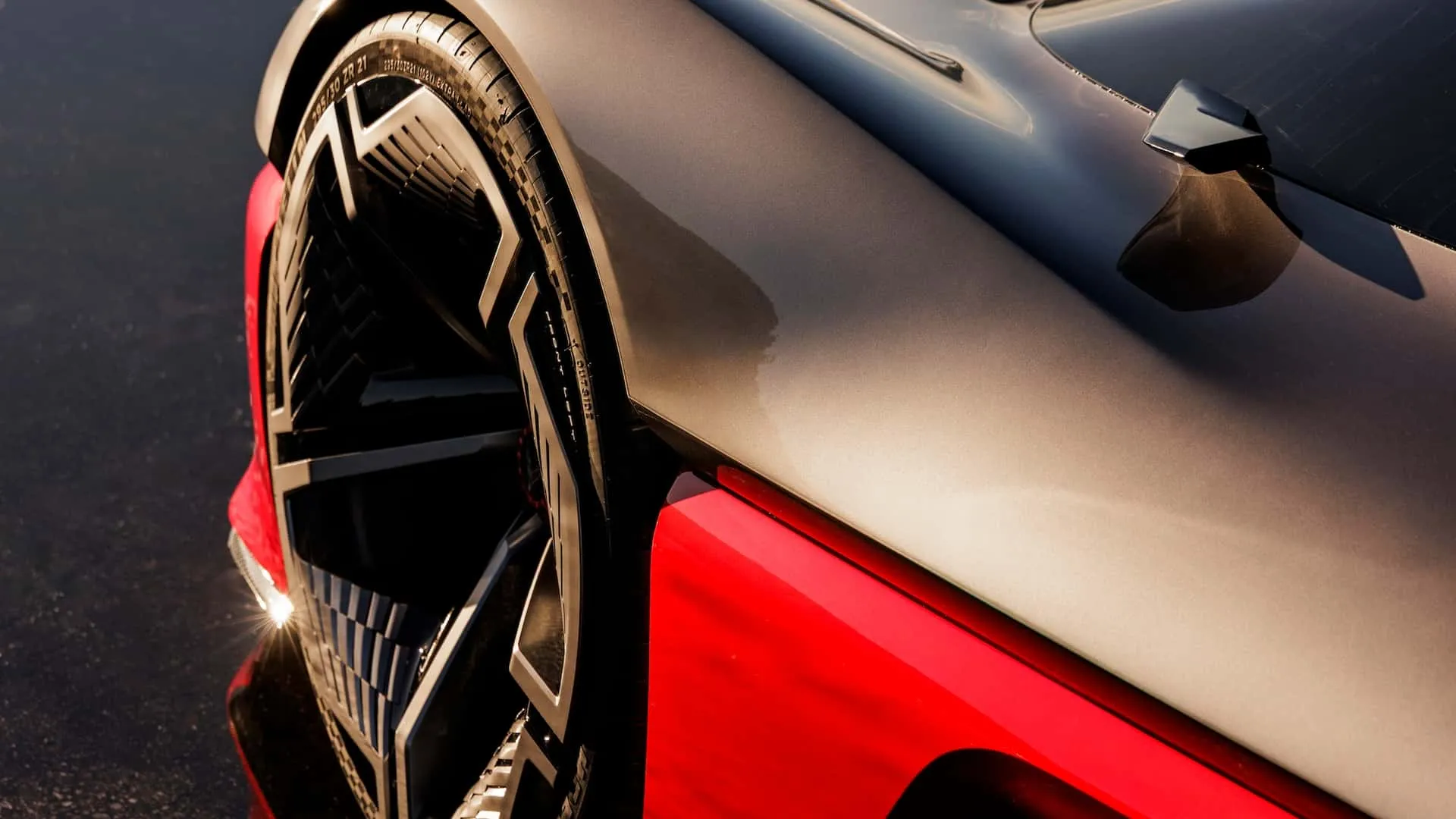
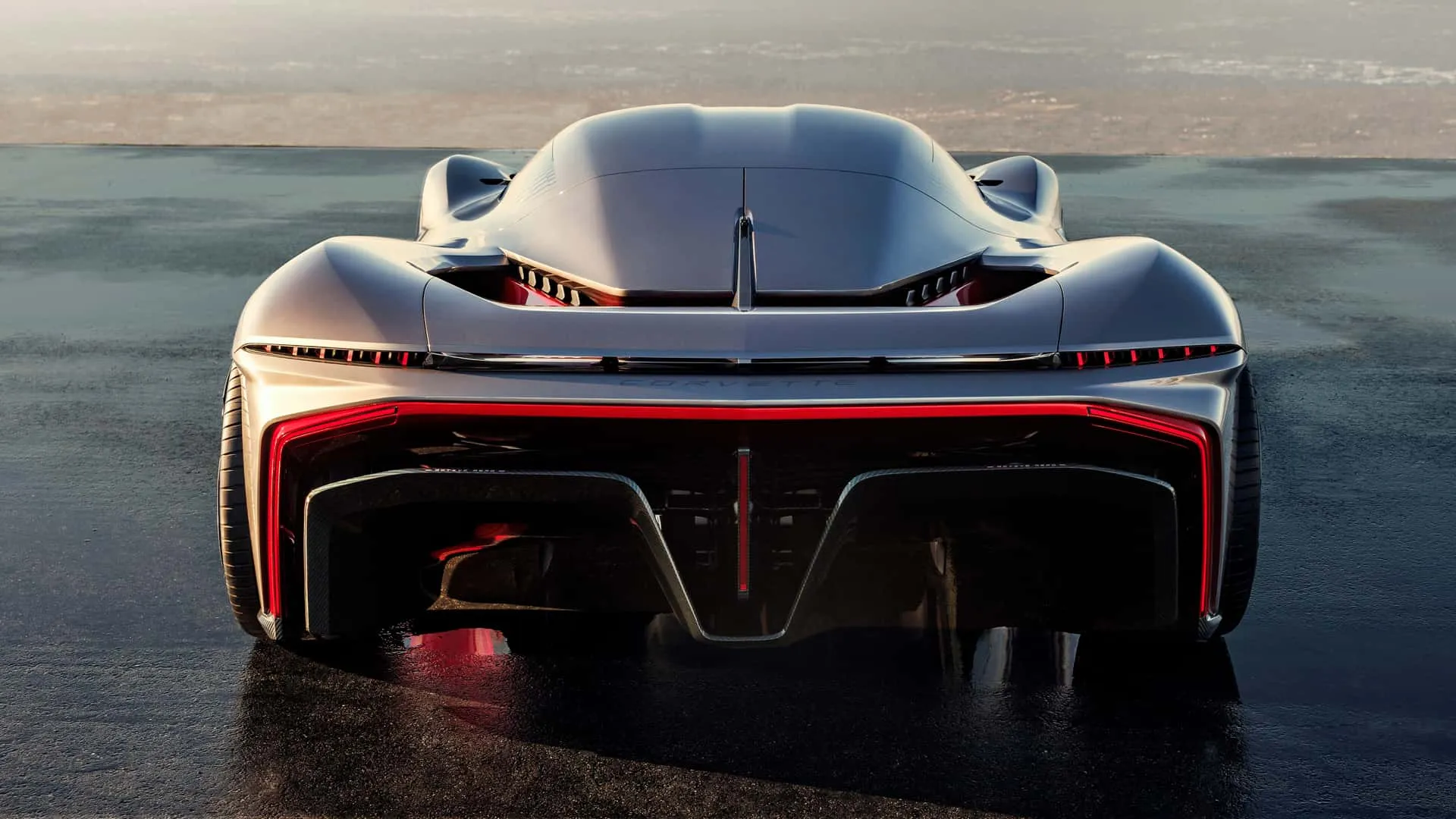
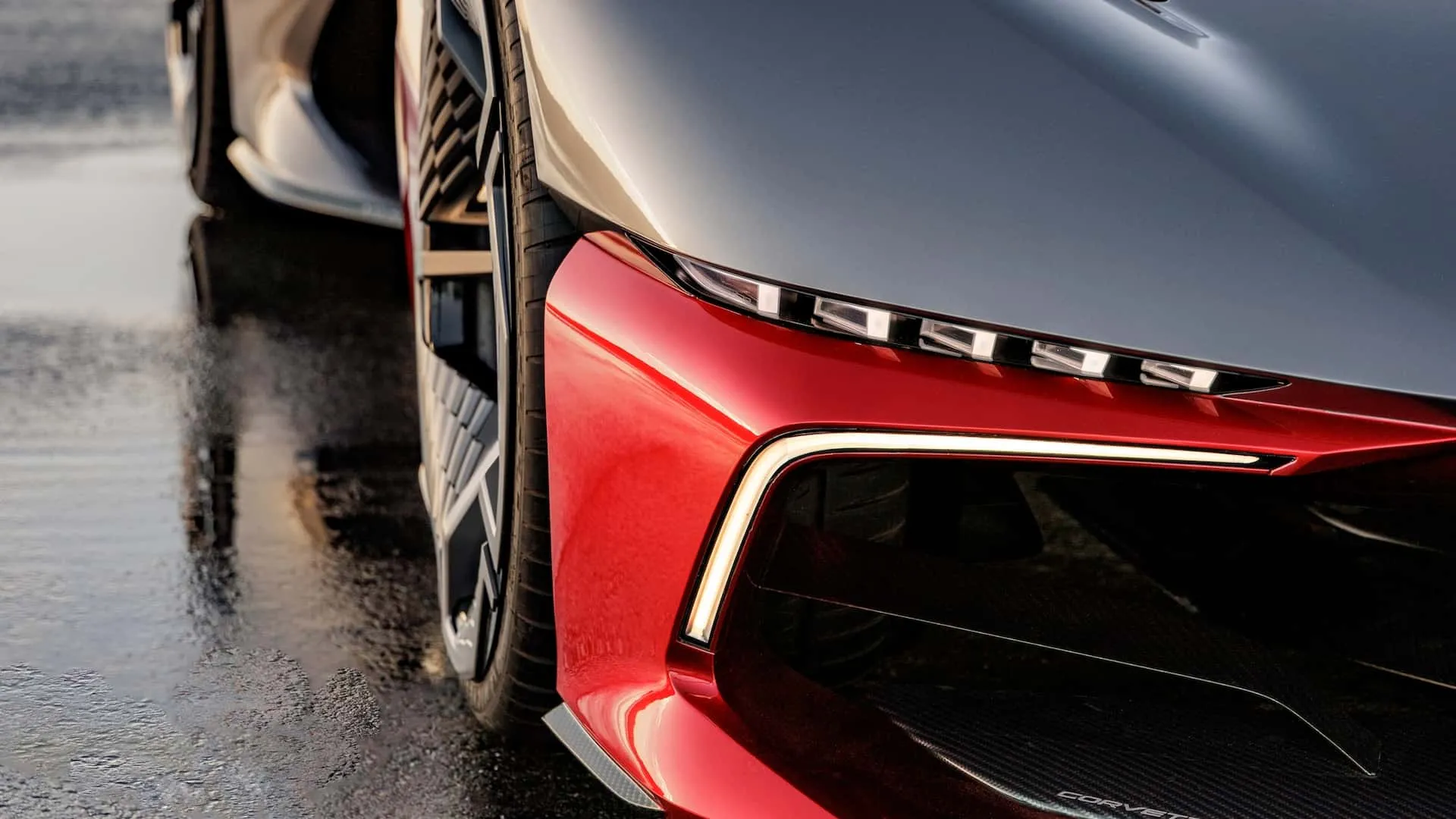

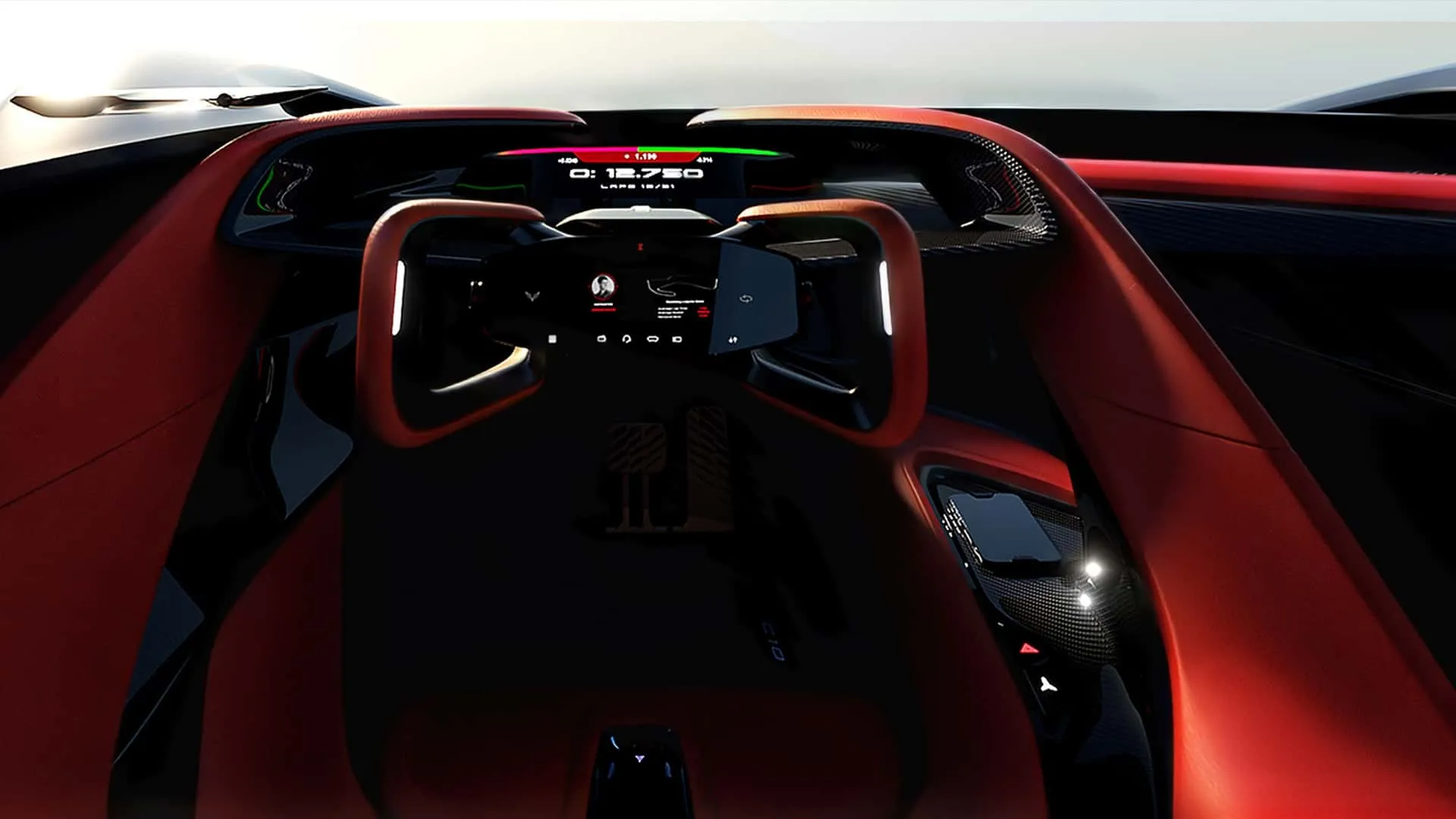
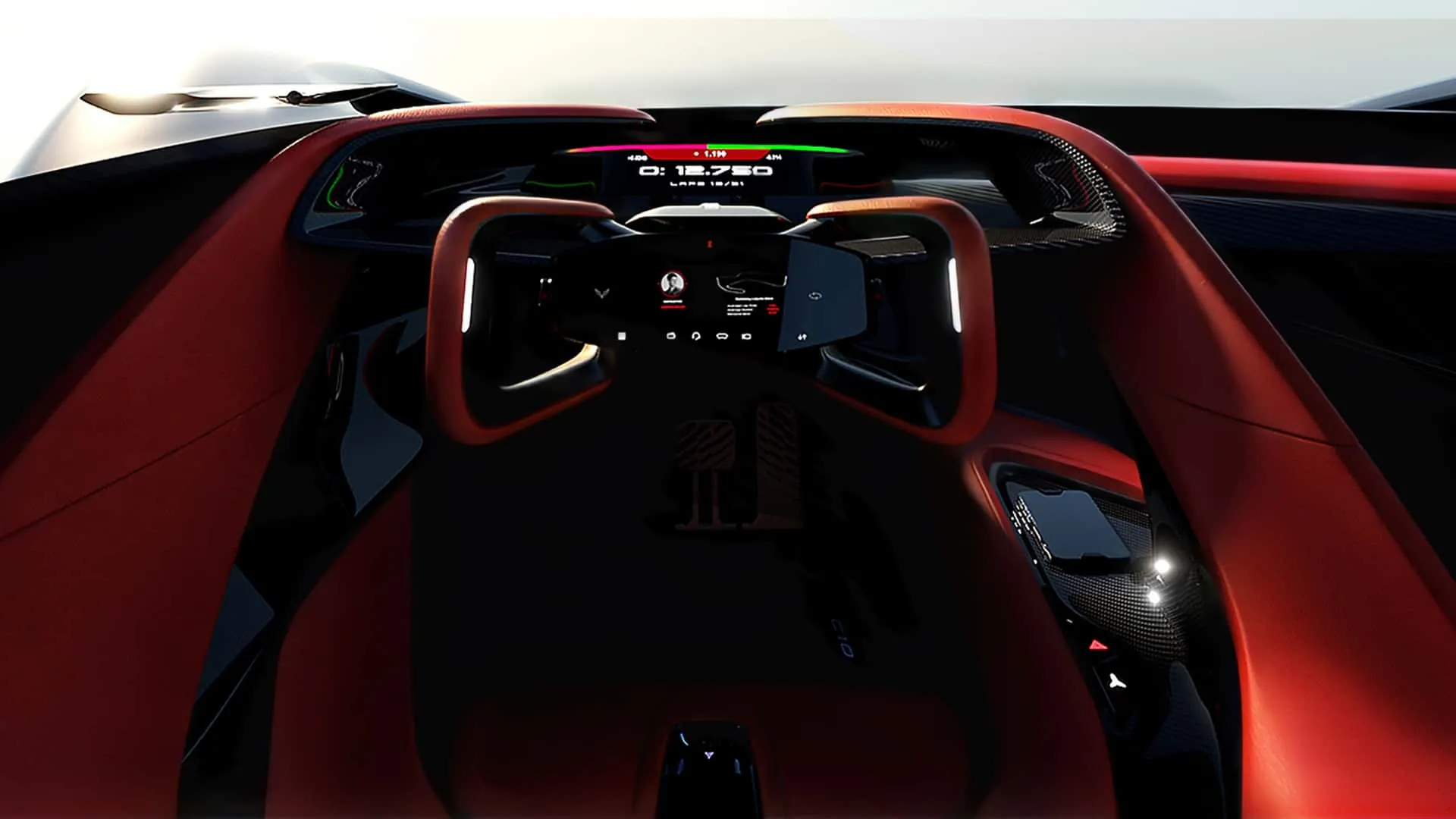
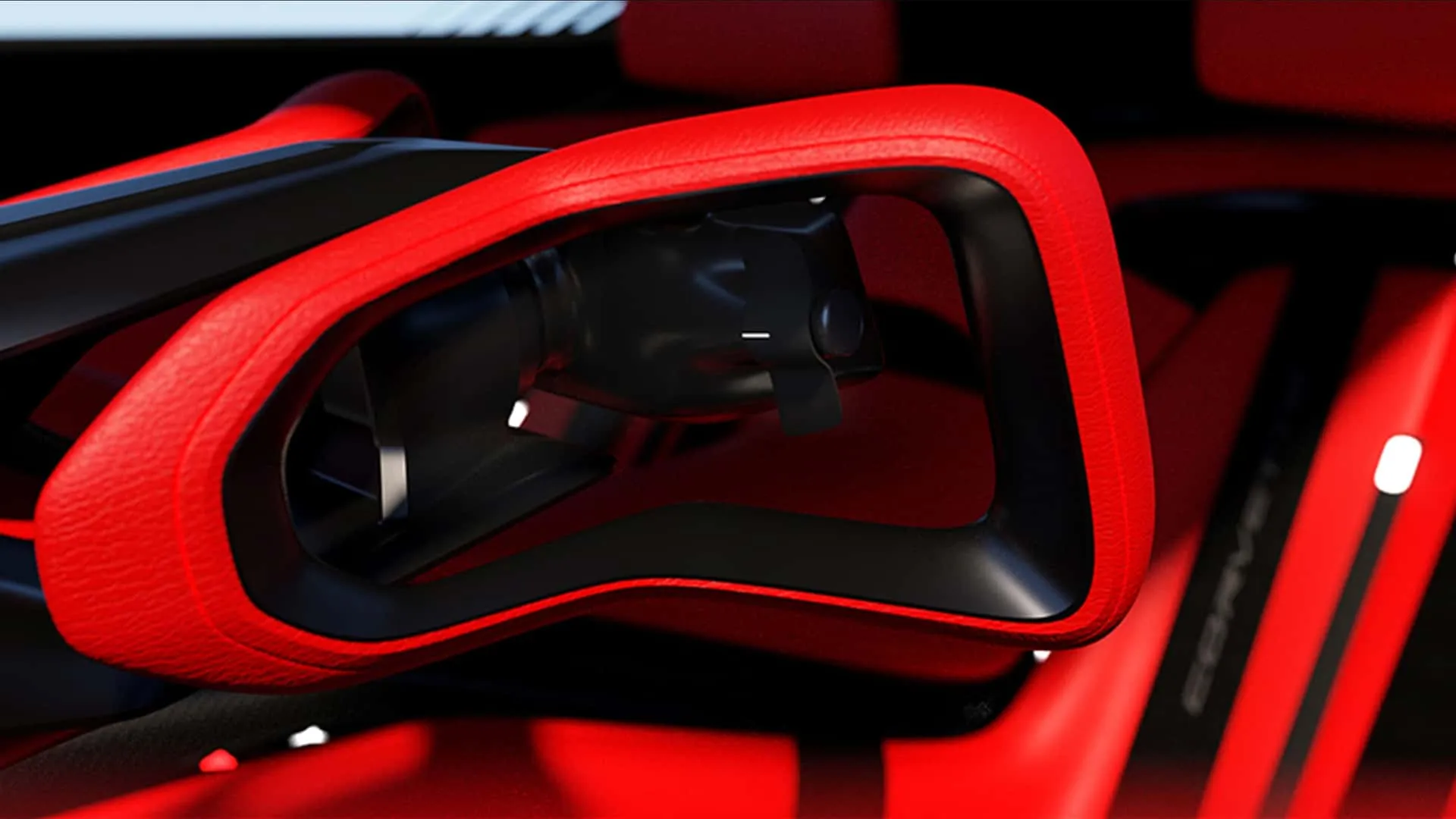
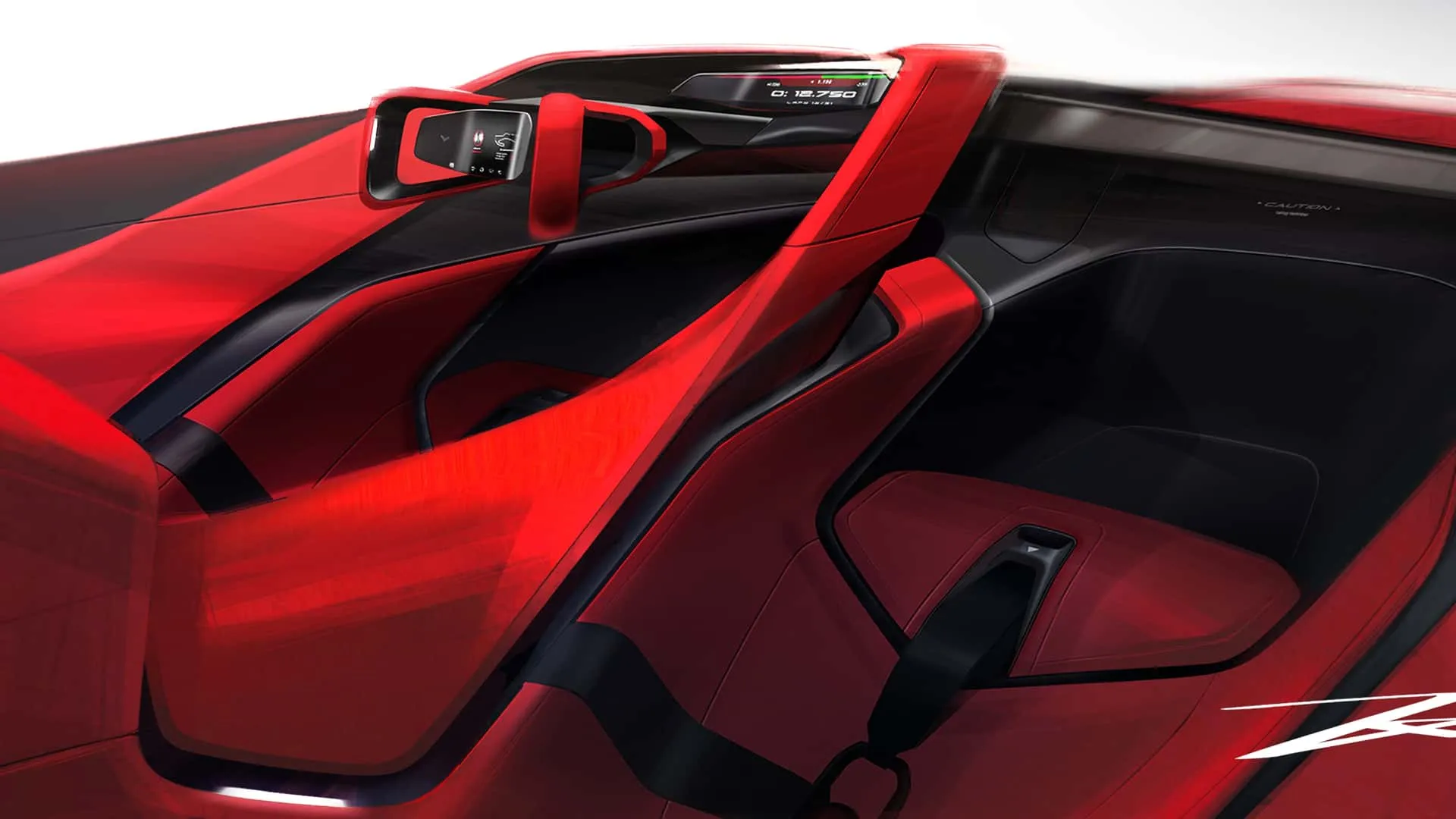
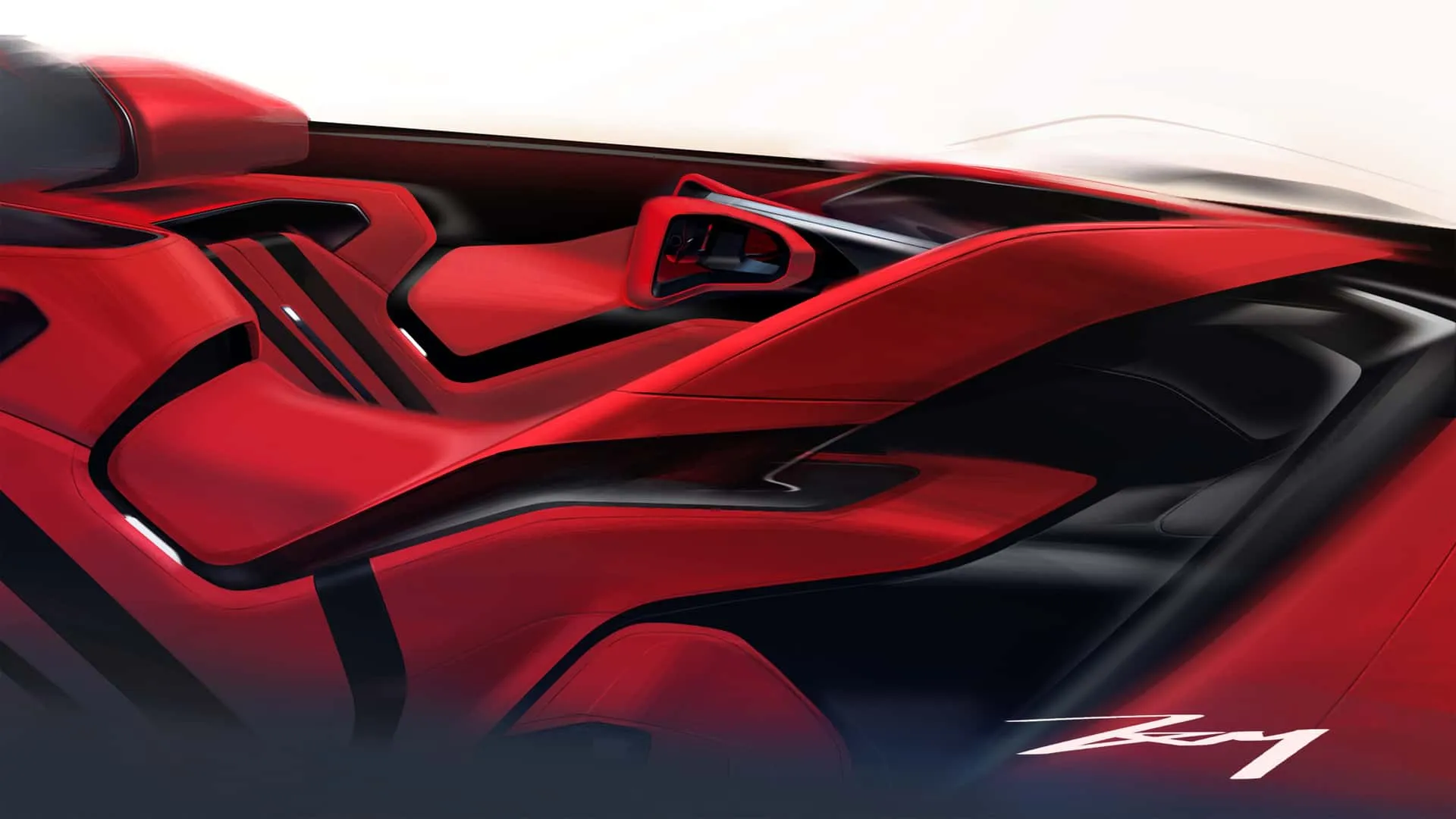
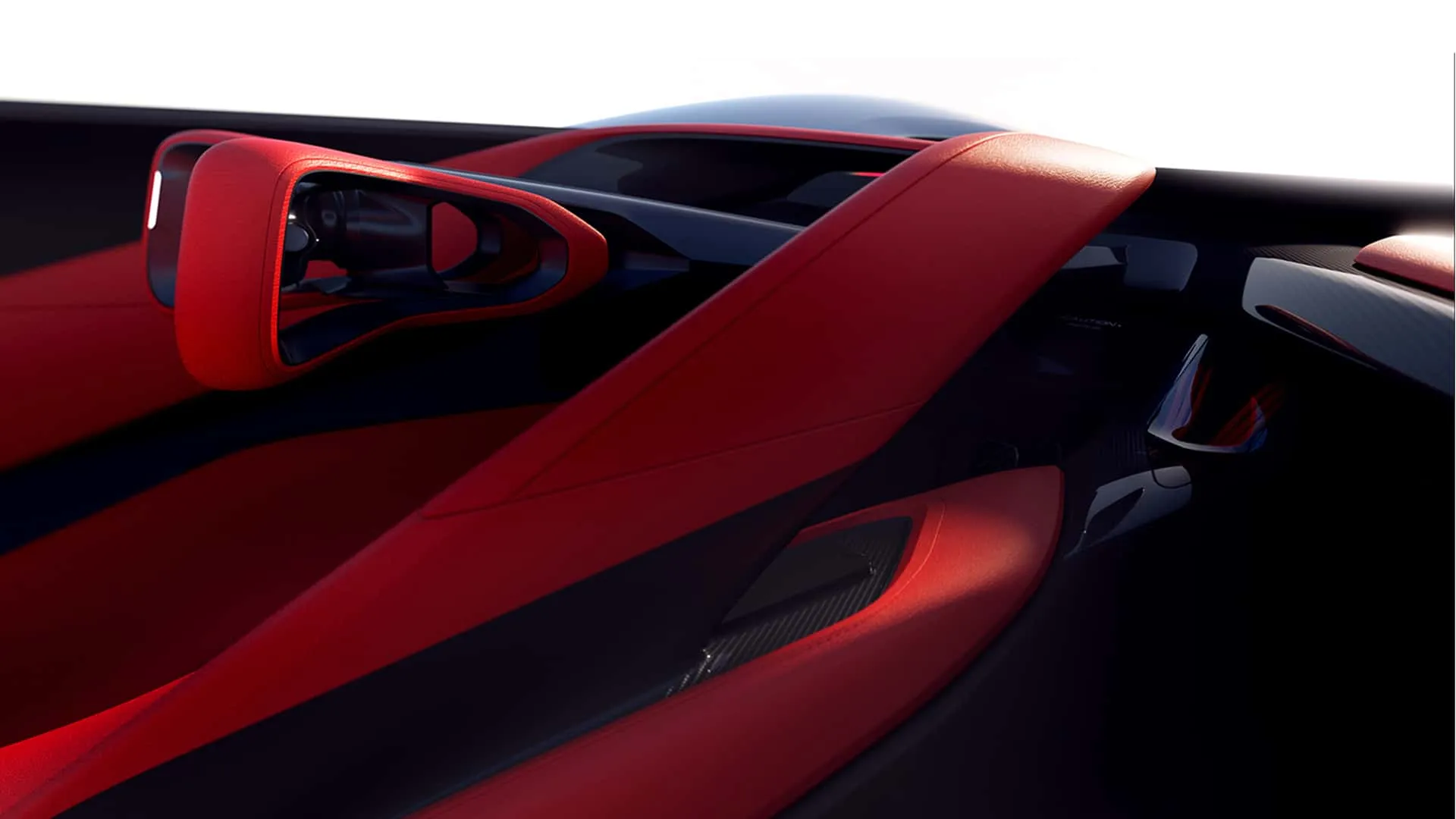
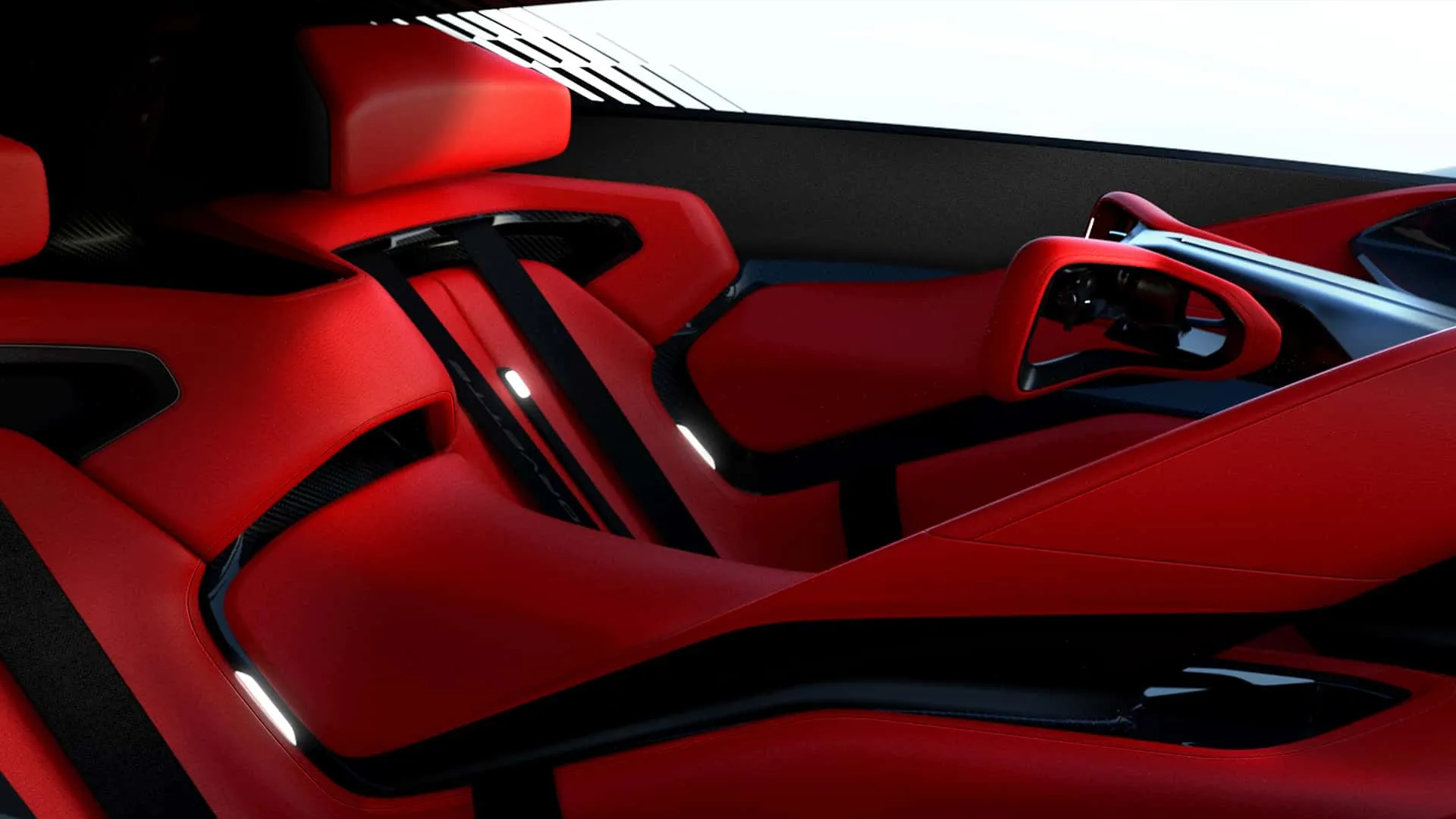
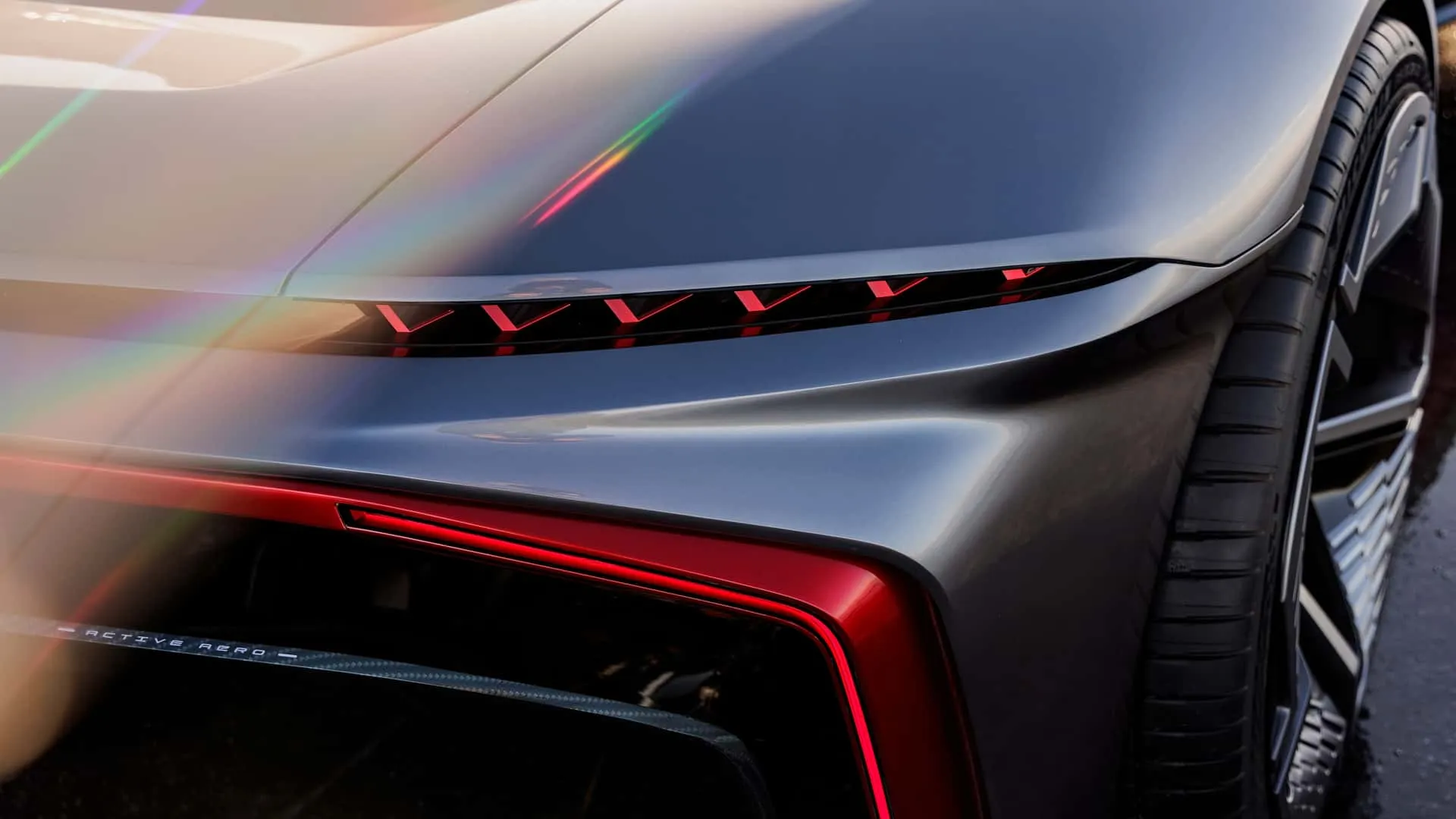
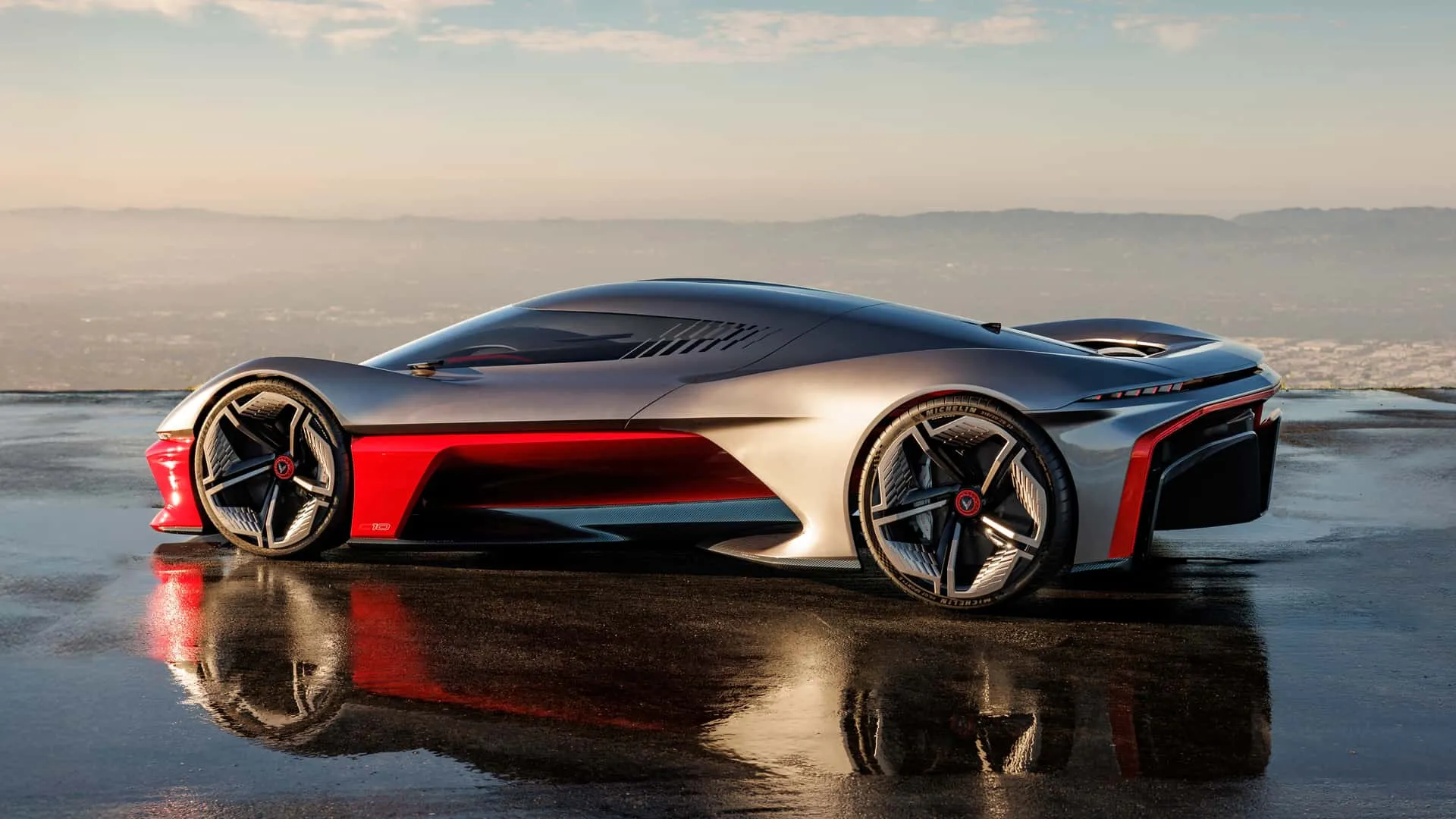
Author: Fabio Isidoro
Founder and editor-in-chief of Canal Carro, he dedicates himself to exploring the automotive universe with depth and passion. A car and technology enthusiast, he produces technical content and in-depth analyses of national and international vehicles, combining quality information with a critical eye for the public.


